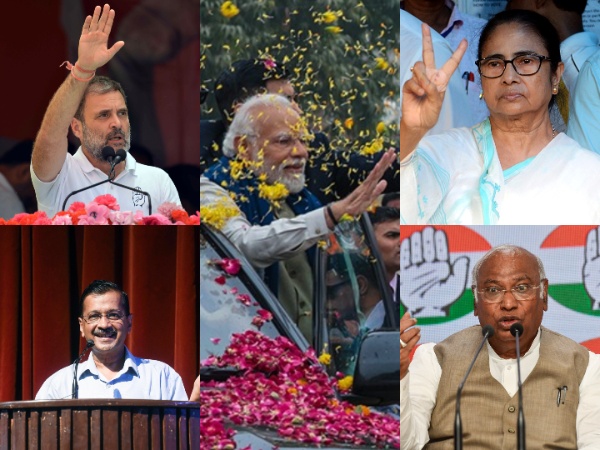"All ill-societal norms will be eradicated": Uttarakhand minister Prem Chand Aggarwal on passage of UCC
Feb 08, 2024

Dehradun (Uttarakhand) [India], February 8 : Following the passage of the Uniform Civil Code (UCC) during the special session of the Uttarakhand assembly, state minister Prem Chand Aggarwal on Wednesday said that all 'ill-societal' norms would be eradicated once the law comes into force.
Earlier, the UCC, which proposes to formulate and implement similar laws for all communities, was passed during the special session of the Uttarakhand assembly with a comfortable majority on Wednesday.
"When the law is implemented, all ill societal norms will be eradicated and women will be empowered. Everyone supported it because this was a topic that could not be opposed," Aggarwal said while speaking to ANI.
"The bill will first go to the Governor, then to the President and then we will implement it in the state as a law," he added.
Uttarakhand Chief Minister Pushkar Singh Dhami, during the debate on the Uniform Civil Code, said on Wednesday that the state legislature is going to create history with the passing of the Uniform Civil Code and that every citizen of the state is filled with pride.
The Uniform Civil Code which proposes similar or uniform laws for all communities, was tabled yesterday during the special session by the Chief Minister.
"Today, I want to congratulate all the people of the state on this occasion, because today the legislature of our Uttarakhand is going to create history. Being witnesses to this historical moment today, not only this House but every citizen of Uttarakhand is filled with pride. It is a feeling. Our government had promised to bring a uniform civil code to Uttarakhand to realise the mantra of 'One India, a Better India'," CM Dhami said.
The Chief Minister thanked all assembly members, including those of opposition, for sharing their thoughts on the UCC.
The bill contains the laws relating to marriage, divorce, succession, live-in relationships, and related matters.
Among the many proposals, the Uniform Civil Code Bill makes it compulsory for live-in relationships to be registered under the law. Once the proposed UCC Bill is in place, "live-in relationships" will have to get registered under the law within 1 month from the "date of entering into the relationship." To live in a live-in relationship, adults will have to obtain consent from their parents.
The bill also imposes a complete ban on child marriage and introduces a uniform process for divorce. The Code provides equal rights to women of all religions in their ancestral property.
As per the UCC Bill, the age for marriage will be 18 for women and 21 for men in all communities. Marriage registration is mandatory in all religions and marriages without registration will be invalid.
No divorce petition will be allowed to be filed after one year of marriage. Highlighting the ceremonies for marriage, the proposed UCC Bill noted that marriage may be solemnised or contracted between a man and a woman in accordance with religious beliefs, practices, customary rites and ceremonies including but not limited to "Saptapadt", "Ashirvad", "Nikah", "Holy Union", "Anand Karaj" under the Anand Marriage Act 1909 as well as under, but not limited to, The Special Marriage Act, 1954 and Arya Marriage Validation Act, 1937.
However, nothing contained in the proposed UCC Bill will be applied to the members of any Scheduled Tribes within the meaning of clause (25) of Article 366 read with Article 342 of the Constitution of India and the persons and group of persons whose customary rights are protected under Part XXI of the Constitution of India.

















